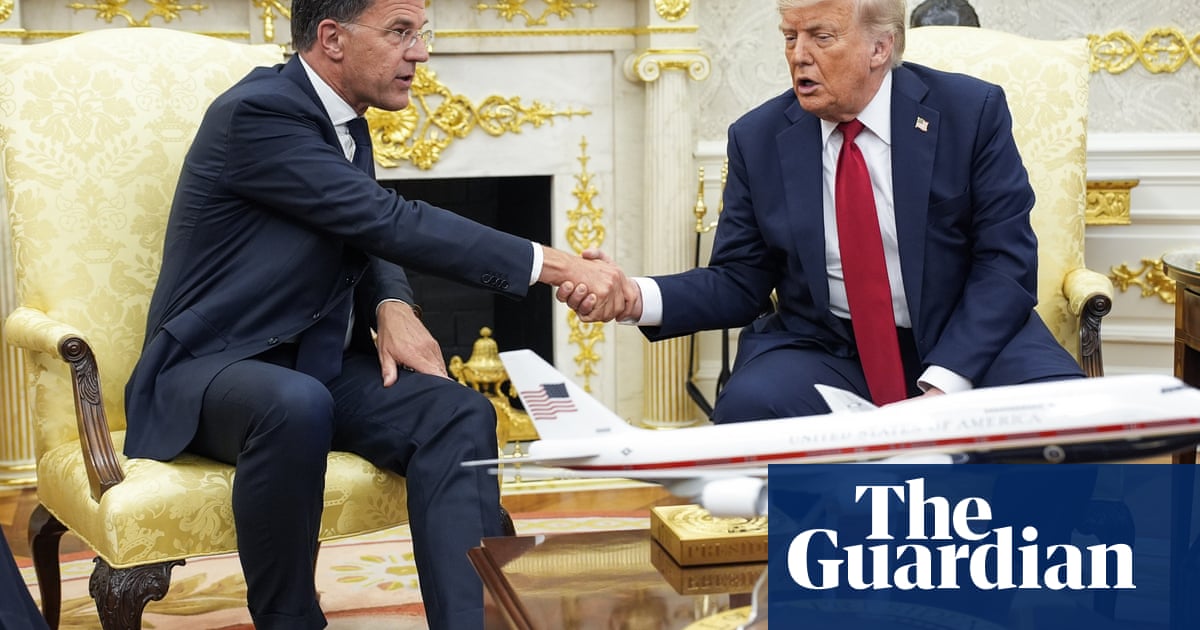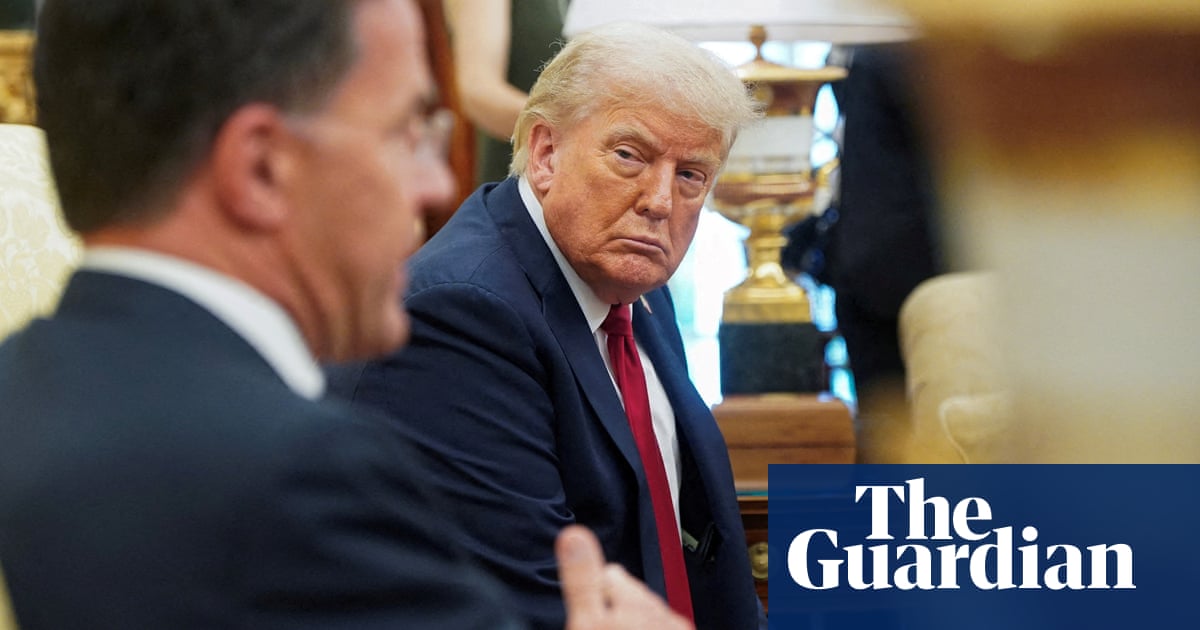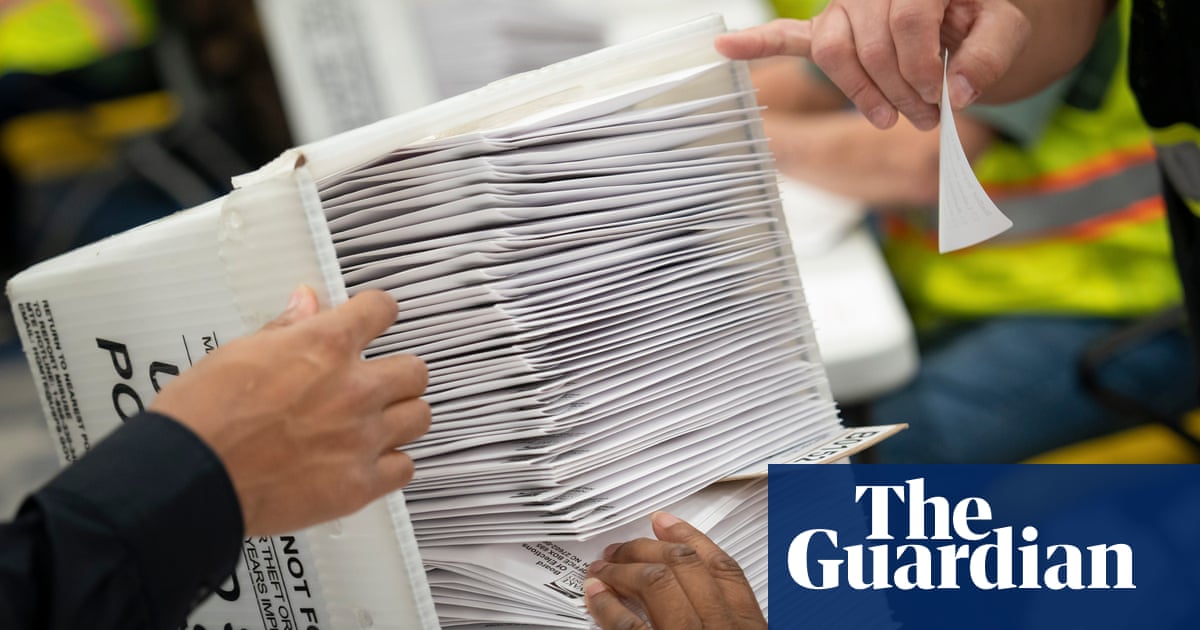Maggie Stockdale hadn’t given much thought to childcare before welcoming her first child last year. But once she learned the high price of full-time daycare tuition in Brooklyn, New York, she knew she had to find another solution.
Now, her care duties are split between Stockdale’s parents, who relocated from Wisconsin to help out, and her husband, who cut his hours down to part time and arranged with his employer to let him bring their 10-month-old to work several days a week.
“You feel fragile,” said Stockdale, lamenting that so many families have to choose between financial stability and their child’s wellbeing.
So when Zohran Mamdani campaigned on a platform of affordability, proposing free childcare for children aged six weeks and older, it made her feel that the pain she and other parents had experienced had not gone unnoticed.
Mamdani, the 33-year-old state assemblymember who won the Democratic primary for New York City mayor last month, has put forth a variety of kid- and family-focused ideas, including distributing baby baskets containing formula and postpartum supplies to new parents, building up mental health infrastructure in schools and closing off high-traffic streets adjacent to school zones. But what’s garnered the most attention is his promise of free childcare, a system he plans to fund by raising taxes on corporations and the city’s richest residents.
As he told supporters in his victory speech: “We have won because New Yorkers have stood up for a city they can afford. A city where they can do more than just struggle … where childcare doesn’t cost more than [college].”
For Stockdale, seeing these policies at the center of a major political campaign has underscored how childcare affordability is not only a core concern for voters – but also a winning issue.
“It’s got so much support,” said Stockdale, also an organizer with the advocacy group New Yorkers United for Childcare. “People have started to realize that this should be a key component of any candidate’s platform.”
In many ways, Mamdani’s platform responds to the surge of activism that New York has seen in favor of making childcare a public good – activism that first emerged at the height of the Covid-19 pandemic, when the importance and fragility of the country’s childcare system was laid bare. Since then, elected officials have begun to take the issue seriously, explained Allison Lew, senior organizer with New Yorkers United for Child Care.
A report released from the New York City comptroller’s office this year shows the average cost of center-based care across the five boroughs was $26,000 a year, and that to afford the cost of care for a two-year-old in New York City, a family would need to earn $334,000 annually. “People are draining their savings, going into debt, borrowing on their 401ks [retirement funds],” said Lew. “You have to be wealthy in order for childcare to not be an issue.”
For many would-be parents, the inaccessibility is affecting their family-planning decisions, causing them to delay having kids or to only have one child, despite wanting more. “We would love to have another, but financially, we don’t know if we can afford it,” said Nancy Keith, who is raising a 15-month-old in the Bedford-Stuyvesant neighborhood in Brooklyn. Keith says that she and her husband waited until they were in their late 30s, and more settled in their career, to have a child. Even still, they need financial assistance from their parents to afford the $26,000 a year they pay for childcare.
Should Mamdani win the mayoral election in November and make his childcare vision a reality, these challenges could become things of the past, experts say.
Most immediately, parents and childcare workers alike would experience improved financial security. Families would see thousands more dollars in their bank accounts every month, while childcare workers would be paid salaries and receive benefits at parity with New York public school employees.
Gregory Brender, chief policy and innovation officer at the Day Care Council of New York, explains that pay parity has been a priority for the provider network for decades, making it a relief to finally see it be a legislative priority. “Early childhood education depends on a talented and educated workforce, and they need to be compensated appropriately,” he said.
These family-focused policies would also improve equity in the city, as more parents – especially women – would be able to remain in the workforce. And in making the city more affordable for everyone, families from diverse backgrounds with a range of incomes would be able to remain in their communities.
Down the line, such policies would also bolster the city’s economy. Collectively, New Yorkers spend as much as $15bn on childcare every year. And in 2022, families not being able to afford childcare cost the city $23bn between lost tax revenues and workplace departures as parents were forced to drop out of the workforce.
“We just cannot afford to not have universal childcare,” Lew said.
Universal childcare isn’t cheap. But the city has the money, said Justin Brannan, a New York City councilmember representing parts of Brooklyn and chair of the city’s committee on finance. “We have been stuck in this cycle of false austerity where we are supposed to believe that we have to choose between little and even less, and it’s just not true,” Brannan said, noting that the city’s budget totals almost $116bn (universal childcare would cost $12bn per year). “We just need to do a better job of spending our money,” he said.
Implementing such a system may not be as simple as carving out room in the budget, however. Some facets of the plan – like raising taxes – need to be approved by the state legislature and the governor. Kathy Hochul, the New York governor, has already said she will not raise income taxes. Mamdani has acknowledged these challenges, saying in an interview with Morning Edition, “Any mayor that has an ambition that meets the scale of the crisis of the people that they’re seeking to represent will have to work with [the state].”
Still, the ideas have momentum.
New York has been a pioneer in accessible childcare infrastructure for several years, including universal preschool for three- and four-year-olds (known as pre-K and 3-K). And although many doubted Bill de Blasio’s ability to pull off his promise of universal preschool when he ran for mayor more than a decade ago, the program is now a national model. Before that, the city instituted a voucher program that enabled low-income families to access childcare for children aged six weeks to 15 years – although seats are limited. As a result of those developments, advocates like Lew say some degree of publicly funded childcare is now a “non-negotiable” for many New Yorkers.
Mamdani says his campaign promises to build on those past successes. “These platform planks are rooted in very recent New York City history,” he said in an interview with the Nation. “Universal childcare is something that many candidates are in support of because of the success of universal pre-K.”
New York isn’t alone in its quest for solutions to the nationwide childcare crisis. In 2022, New Mexico made childcare free for most families. That same year, Washington DC raised childcare workers’ wages through a tax on the district’s wealthiest residents. And in 2023, Vermont guaranteed financial support for childcare for all families with incomes below 575% of the federal poverty level – amounting to 90% of families in the state.
Hailey Gibbs, associate director of early childhood policy at the Center for American Progress, said it’s an issue that crosses the political aisle. “Folks, regardless of what state they represent or how far they sit in the political extremes, understand that the lack is meaningful,” she said.
“It’s a unifying issue,” echoed Karen Schulman, senior director of state childcare policy at the National Women’s Law Center, pointing out that even staunchly Republican states like Alabama, Georgia and Montana have created early childhood education funds.
But Mamdani’s campaign is the first in the country to put children and childcare front and center – and win, at least at the primary level. “That’s pretty bold for the US,” Gibbs said.

 German (DE)
German (DE)  English (US)
English (US)  Spanish (ES)
Spanish (ES)  French (FR)
French (FR)  Hindi (IN)
Hindi (IN)  Italian (IT)
Italian (IT)  Russian (RU)
Russian (RU)  8 hours ago
8 hours ago























Comments